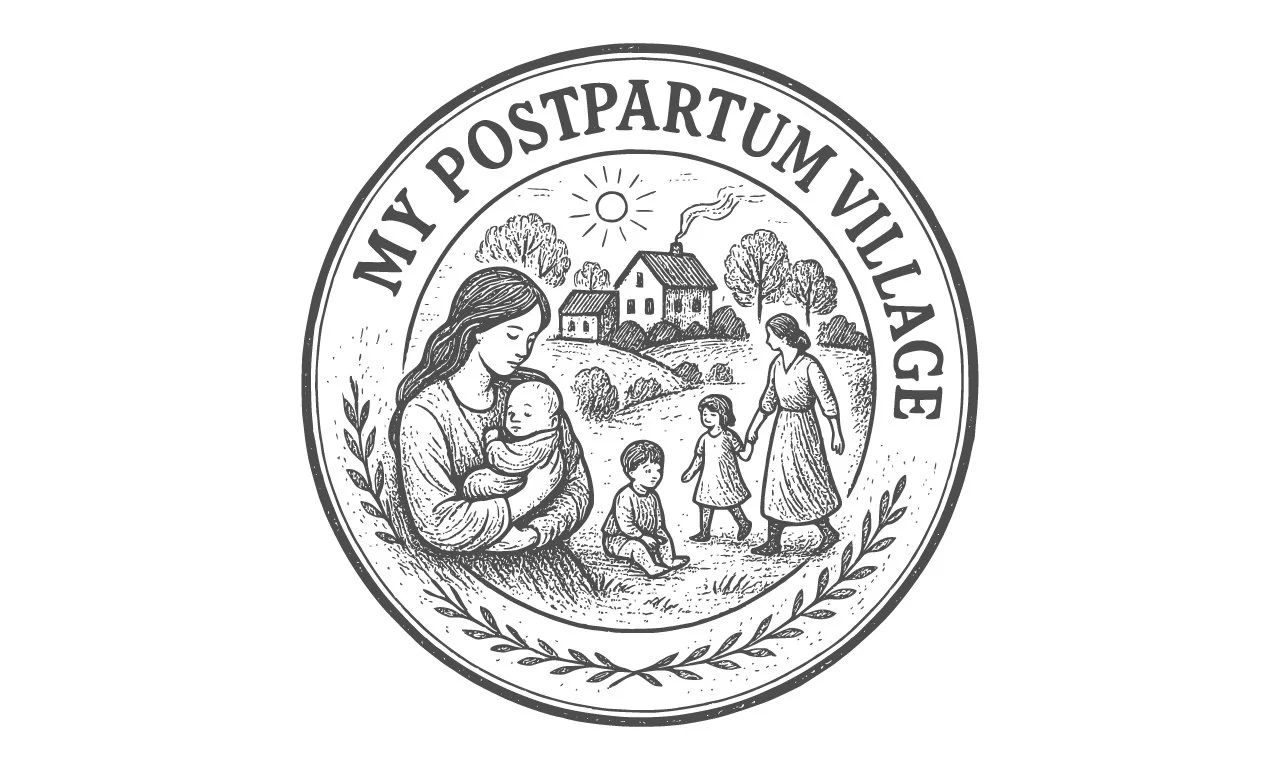Baby Development Activities
Where do I start? What do I do?
I found myself wondering how much I was supposed to do with my beautiful, perfect new baby. I wanted to make sure he would hit all the milestones. Here are a few activities you can do with your bub to start off with.
0-1 month: Contrast books. Read to your bub using contrast books. Fun fact, babies can’t see colour straight away, it can take anywhere from 2-4 months for this to occur. Reading to your bub can also be very soothing for them to hear your voice.
You can also grab something that makes noise like a rattle and gently move it around. See how bub responds :)
1-2 months: Using a mobile or baby gym, see if your baby is able to reach for items as you bring them within reach to practice “grabbing”. Another activity you can do is having a face-to-face conversation with your baby. Let them see your facial expressions and observe their reaction.
2-3 months: Tummy time. Your baby most likely, will hate tummy time however it is important that they build their neck and core strength every day. Lay your baby down on their tummy and have something in front of them of interest e.g. a mirror or a contrast book. Eventually they will build up to more and more time and start to enjoy it.
3-4 months: Your little one is developing fine motor skills. A great way to encourage this is by offering lightweight objects for them to reach and grab, starting straight ahead and then gradually to the left and right. One particularly enjoyable activity at this stage (my personal favourite) is tying a balloon to their feet. Watching your baby’s delight and fascination as the balloon moves with each kick is both joyful and engaging for them.
4-5 months: Peek-a-boo is a classic game to enjoy with your baby, helping them develop the important skill of object permanence. At this developmental stage, sensory play is important. You might want to provide a variety of textures and objects for your little one to explore, such as soft toys, rattles, and crinkly materials.
5-6 months: Start introducing soft, small solids around 6 months to provide essential nutrients and aid development of teeth, jaws, and skills important for milestones like language. Playing together with books, songs, tummy time, toys, and playful sounds to cultivate bonding and security.
Once your baby can hold their head steadily, lay them on their back and gently slide your hands under their arms to help them sit up with care. As their muscles grow stronger, support them by holding their hands and gradually guiding them into a seated position. This will help them prepare to sit up on their own and advance to sitting in a highchair for food.
